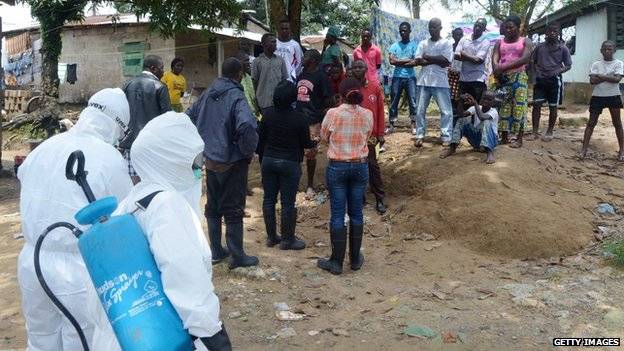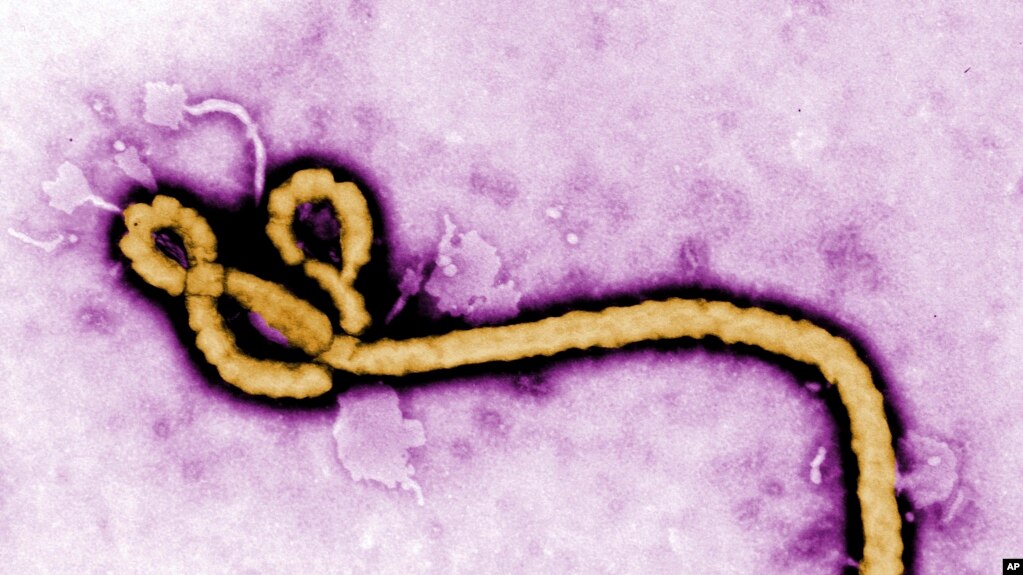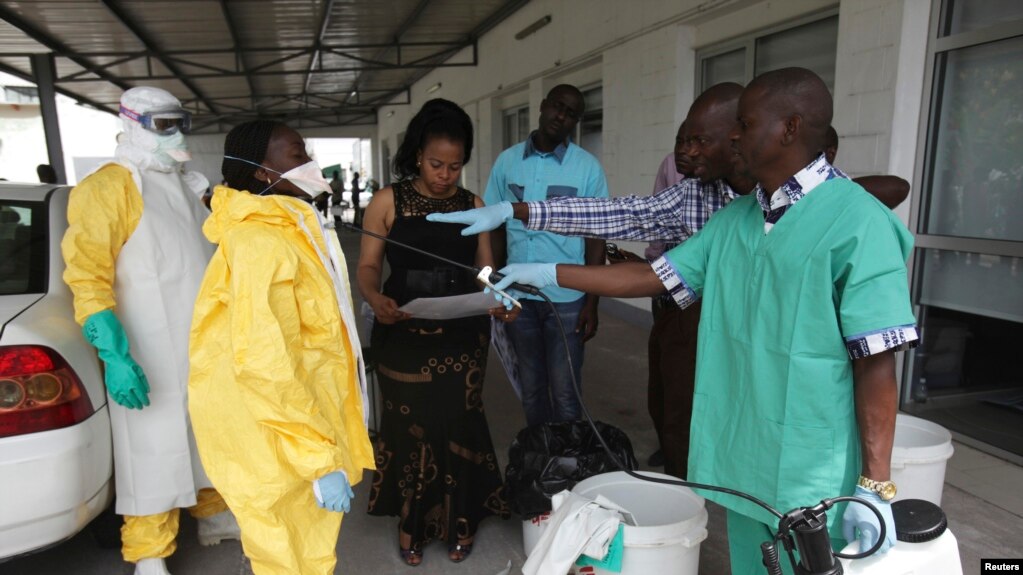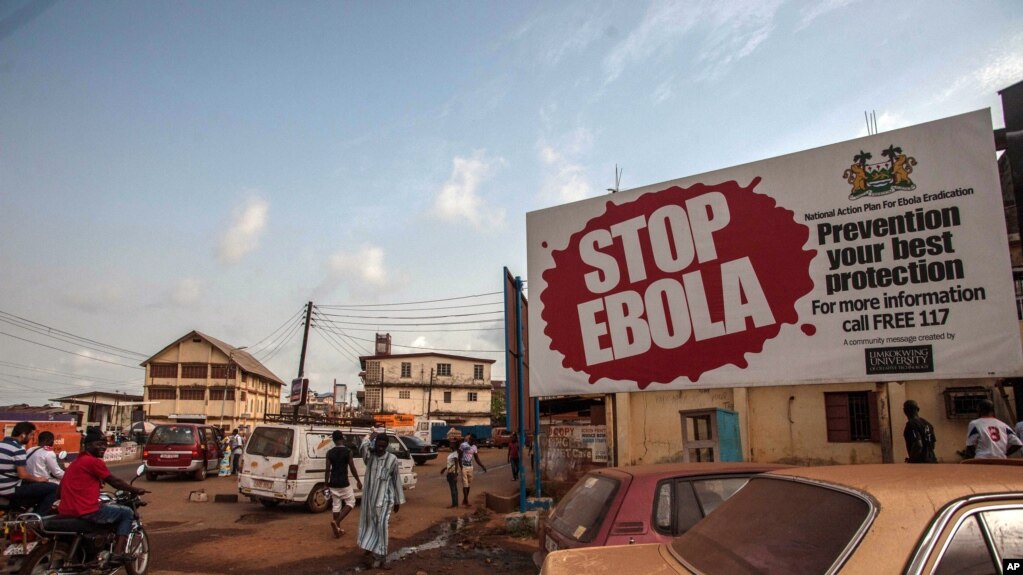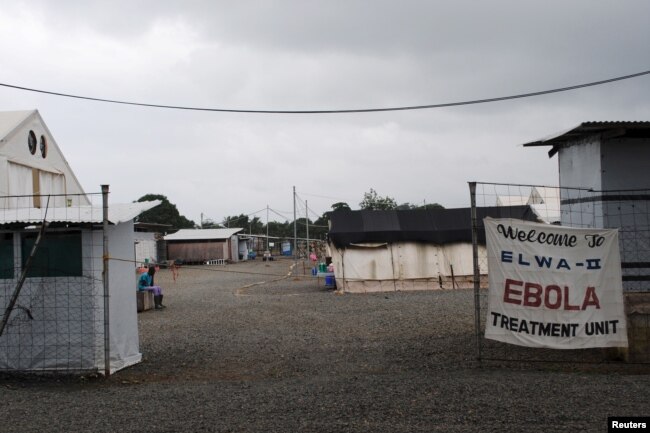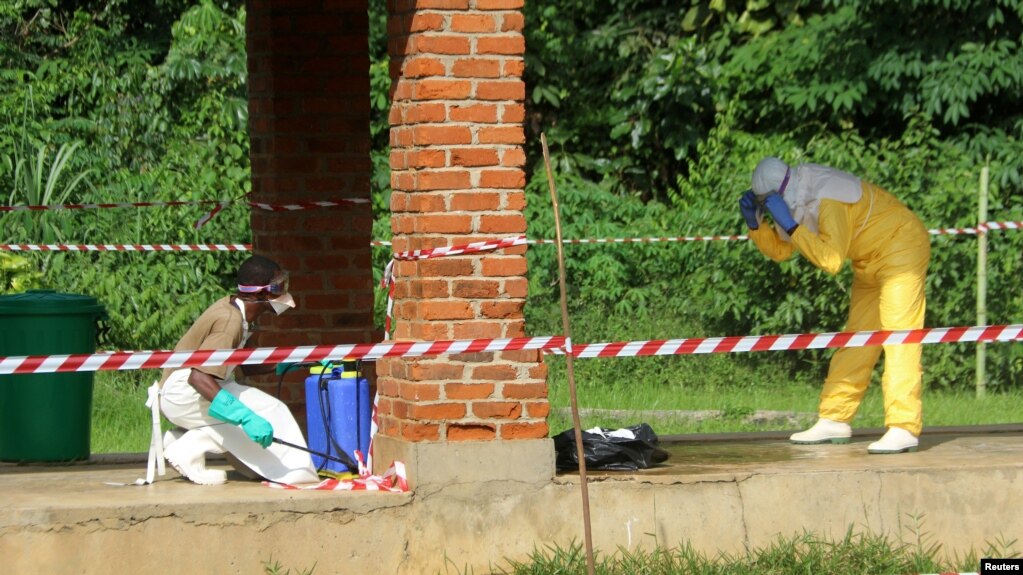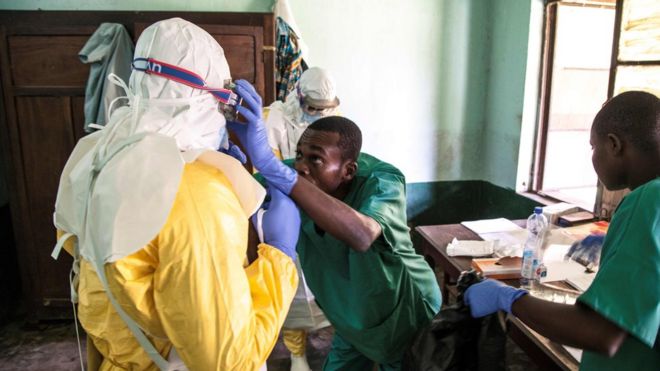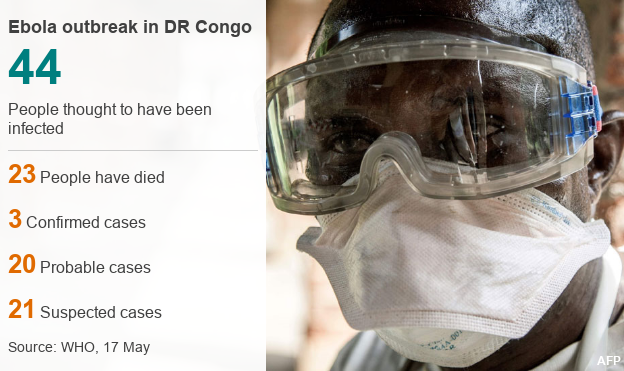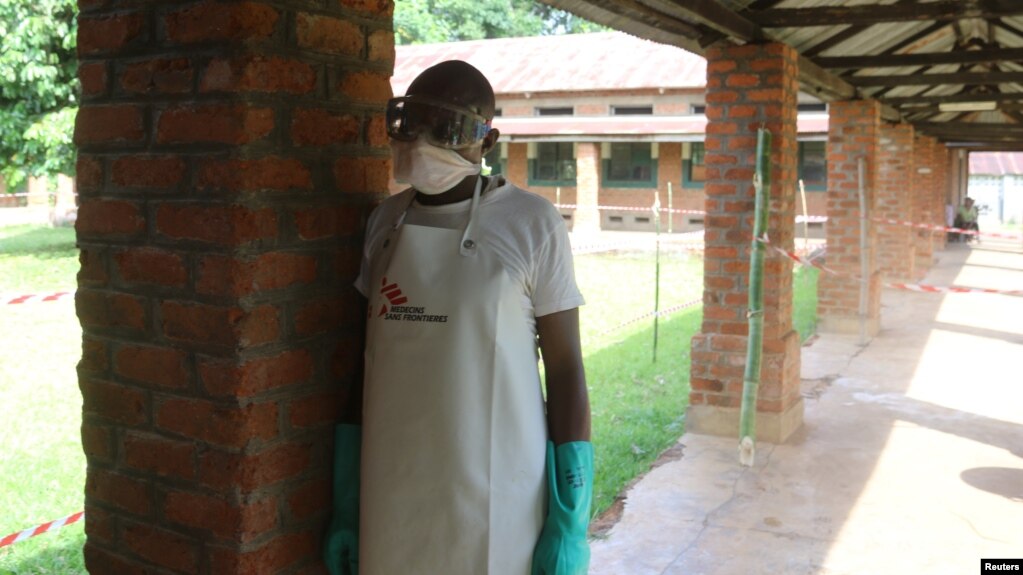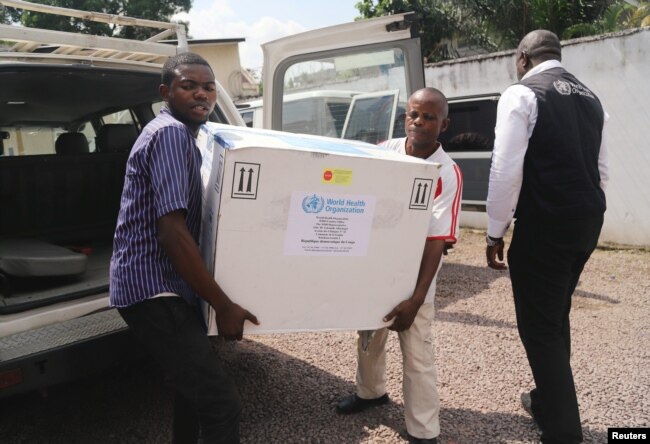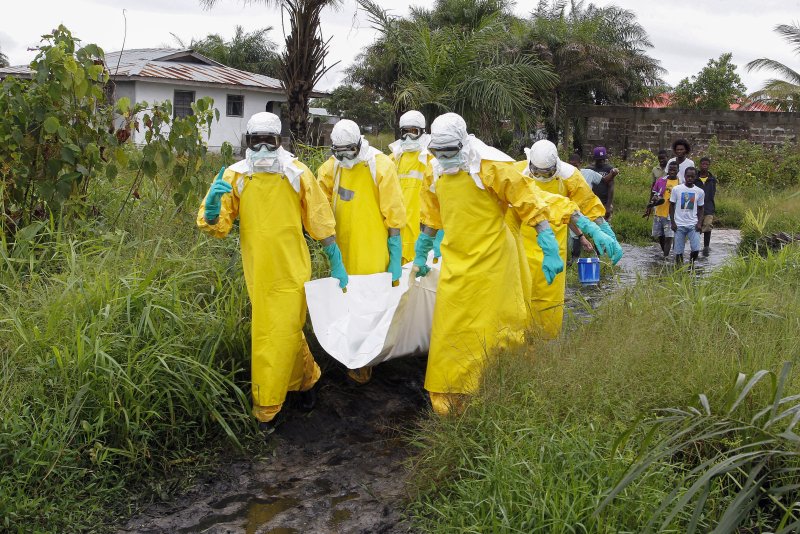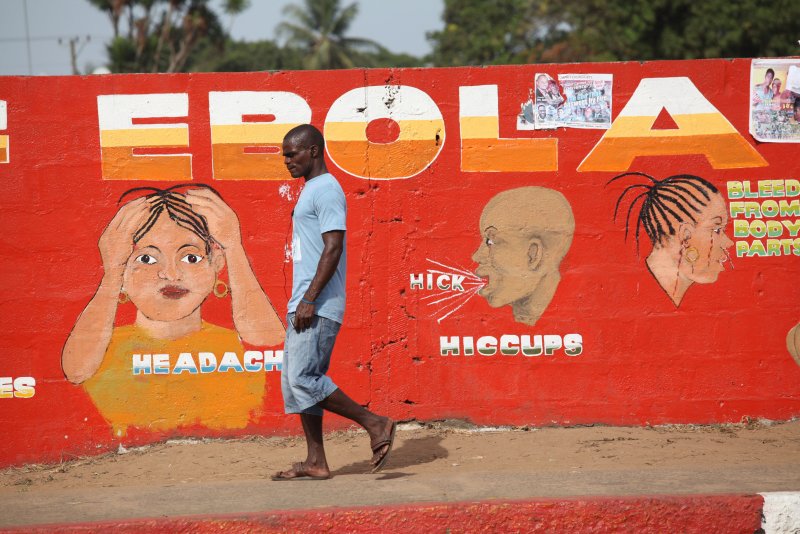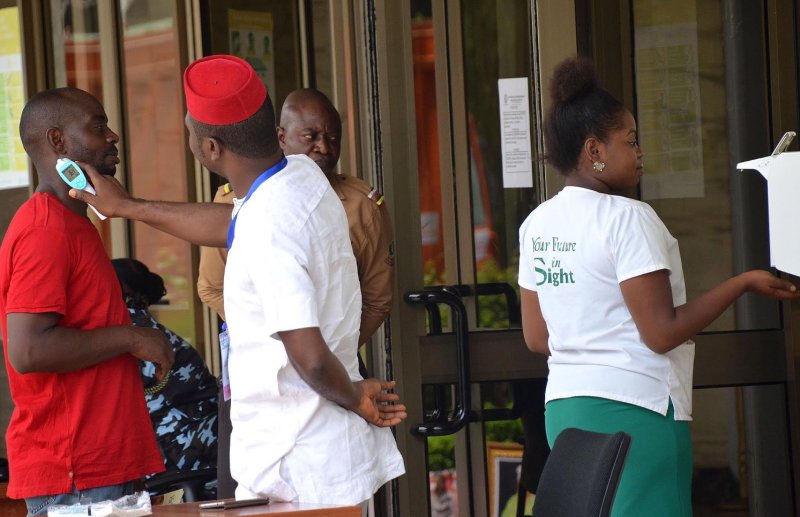Peach
Gold Member
- Jan 10, 2009
- 20,864
- 2,729
- 245
Ebola vaccine to trial next month, may be ready by 2015: UN
Hope & pray this pans out:
Clinical trials of a preventative vaccine for the Ebola virus made by British pharma company GlaxoSmithKline may begin next month and made available by 2015, the World Health Organization said on Saturday.
"We are targeting September for the start of clinical trials, first in the United States and certainly in African countries, since that's where we have the cases," Jean-Marie Okwo Bele, the WHO's head of vaccines and immunisation, told French radio.
He said he was optimistic about making the vaccine commercially available. "We think that if we start in September, we could already have results by the end of the year.
"And since this is an emergency, we can put emergency procedures in place ... so that we can have a vaccine available by 2015."
There is currently no available cure or vaccine for Ebola, a virus that causes severe fever and, in the worst cases, unstoppable bleeding.
Hope & pray this pans out:
Clinical trials of a preventative vaccine for the Ebola virus made by British pharma company GlaxoSmithKline may begin next month and made available by 2015, the World Health Organization said on Saturday.
"We are targeting September for the start of clinical trials, first in the United States and certainly in African countries, since that's where we have the cases," Jean-Marie Okwo Bele, the WHO's head of vaccines and immunisation, told French radio.
He said he was optimistic about making the vaccine commercially available. "We think that if we start in September, we could already have results by the end of the year.
"And since this is an emergency, we can put emergency procedures in place ... so that we can have a vaccine available by 2015."
There is currently no available cure or vaccine for Ebola, a virus that causes severe fever and, in the worst cases, unstoppable bleeding.


